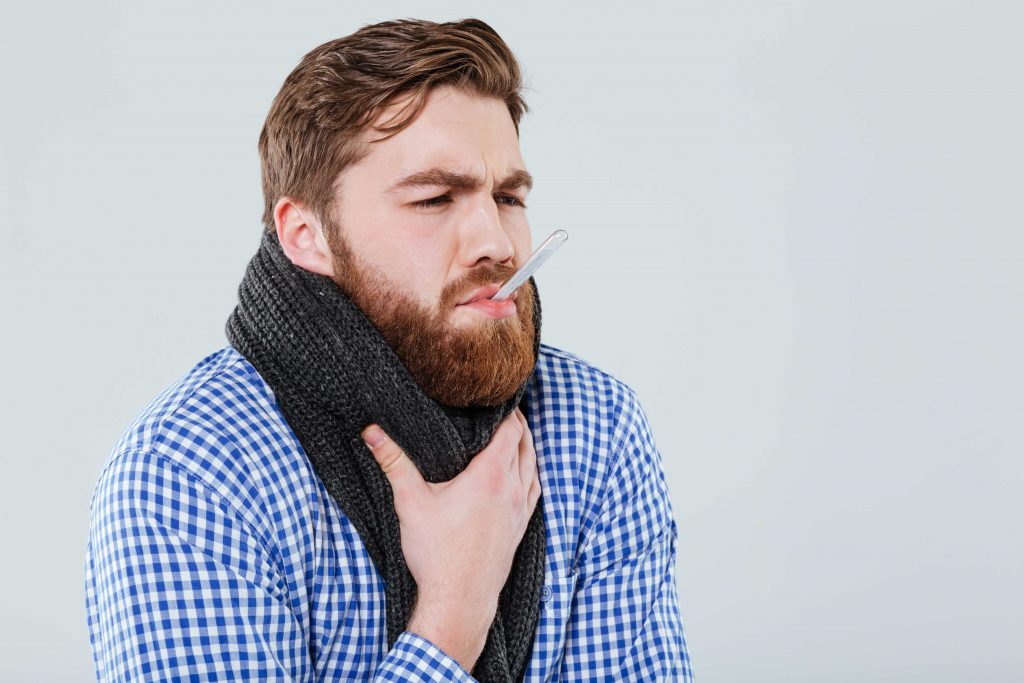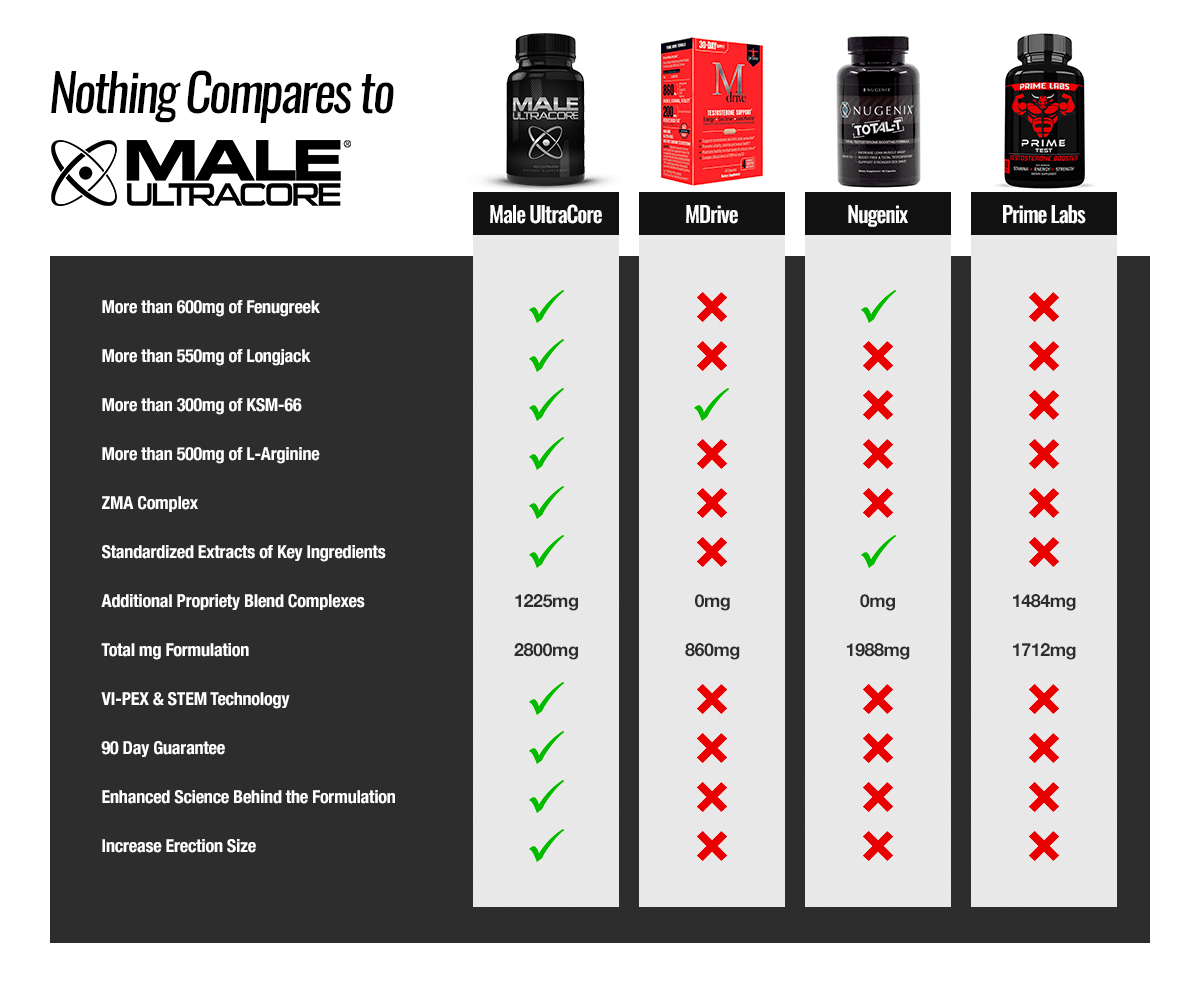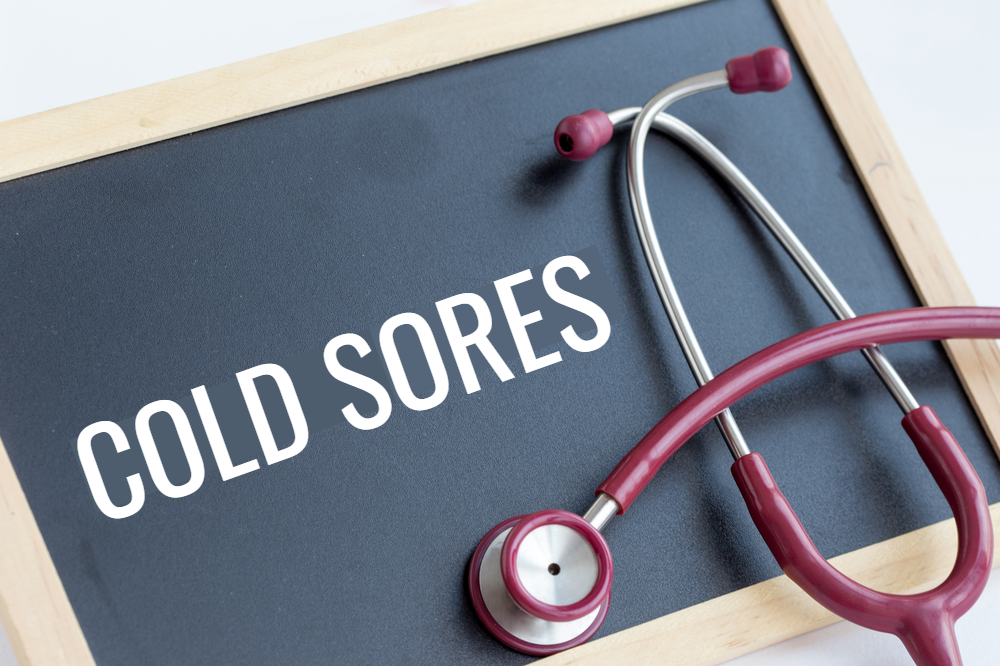Cold sores can really cramp your style. They’re painful and not so nice to look at. On top of that, you’re not supposed to kiss your loved one or engage in any intimate contact when you have cold sores.
Since cold sores are contagious, if you have direct skin contact with someone during an outbreak, you run the risk of passing the virus on. So, how exactly are you supposed to know if your cold sores are already healed? To find out, continue reading.
Overview
A known symptom of an infection caused by the herpes simplex virus, the fluid-filled blisters that usually appear on the lips or mouth area are more popularly known as cold sores. The herpes virus has several subtypes, but it’s usually the first type that’s closely linked to cold sores.
In reality, herpes simplex virus type 1 can cause either cold sores or genital herpes blisters. How you contracted the virus will determine the location where the herpes blisters will appear. If you got infected with oral herpes because you kissed someone who’s going through a cold sore outbreak, then chances are high that you will develop cold sores as well.
If you performed oral sex on someone who had genital herpes, then it’s likely that you will develop herpes blisters on your lips or around your mouth. But this time around Your oral herpes may be caused by HSV-2 or herpes simplex virus type 2.
Your First Cold Sore Outbreak
A lot of people who acquire herpes don’t experience their first cold sore outbreak until after several weeks or even months. There are also those who acquired the herpes virus but never show any symptoms. That doesn’t mean, however, that they’re no longer contagious.

In fact, those who are HSV-positive but never experience any herpes symptoms are the ones who have a higher risk of transmitting the disease. If you’ve never had cold sores, you may find it unbelievable that you’re a herpes virus carrier or that you’re shedding the virus and causing other people around you to become infected.
For those who show herpes symptoms, however, the first-ever outbreak of cold sores can be very uncomfortable and painful. Aside from muscle aches and pain, you will also most likely experience swollen lymph nodes.
Your gums may also feel inflamed and swollen. It’s also common to experience fever and headaches during a cold sore outbreak. In many initial outbreak cases, these symptoms are quite severe. Over time, however, your oral herpes symptoms should lessen in severity. The frequency of your cold sore outbreaks should also lessen.
Stages of a Cold Sore Outbreak
If you want to know when your cold sores are completely healed, you should familiarize yourself with the different cold sore stages.
Stage One
The first stage is also known as the tingling stage. An unexplained burning or tingling sensation inside or near your mouth may actually be a sign warning you of an oncoming outbreak. If you want your cold sores to heal faster, it would be best to take antiviral medications as early as this stage.
Stage 2
A day or two after you experience that tingling sensation, you will find one or more blisters filled with fluid appearing on the surface of the skin around your mouth or on your lips. The skin around the herpes blisters may also be reddish in appearance.
Stage 3
The third stage of a cold sore outbreak usually happens within a few days after the blisters first appeared. At this time your cold sores will break open on their own. As your cold sores break open, the fluid inside them will ooze out.
This is actually the stage when you become highly contagious. That’s because the herpes virus is contained in the fluid inside your blisters. So when the fluid oozes out, the herpes virus becomes exposed to the environment and chances of viral transmission greatly increase.
Stage 4
After the fluid inside your cold sores seeps out, your blisters will then dry out and they will start looking yellowish or brownish. You’ll also notice a scab or crust forming over your blisters. The fourth stage is also known as the crusting or scabbing stage.
Stage 5
The last stage of a cold sore outbreak is the healing stage. After the crust or scab forms over your cold sores, the crust will just naturally flake away on its own. Once the scab is completely gone, that’s when you can consider your cold sores as healed.
When Can You Engage in Intimacy Again?
You may have already been told that you’re not supposed to engage in intimate acts whenever you have cold sores because you just might end up passing the herpes virus on to your partner.
If you’re wondering when you can start kissing and making love with your partner again after a cold sore outbreak, it’s best to wait until all your cold sores completely heal and disappear.
If you still find traces of your cold sores on your lips, it would be a good idea to wait for a few more days until they’re completely gone. That way, you can minimize the risks of your partner getting infected with oral herpes.
Can You Have Sex Even When Your Cold Sores Are Not Healed Yet?
It’s easy to say that you should wait until your herpes blisters are completely gone before you have sex with your partner. In reality, however, there are times when you simply can’t schedule your lovemaking for later.
You can actually still engage in sex even when you or your partner has a cold sore. It’s important, however, to make sure you’re protected. You should wear a condom, and if you’re planning to perform oral sex, make sure you use dental dams. To prevent skin contact with your cold sores, you can also wear a mask to cover your mouth.
And to ensure that you’re able to perform optimally in bed, don’t forget to take your daily dose of Male UltraCore. This unique sexual enhancement supplement not only makes your erection more rigid but also longer-lasting.
Increase Your Testosterone Levels with Testosterone Boosters
Male UltraCore is a premium testosterone boosting supplement that is designed to maximize test levels, increase your performance and drive, and give you harder and fuller erections. 





